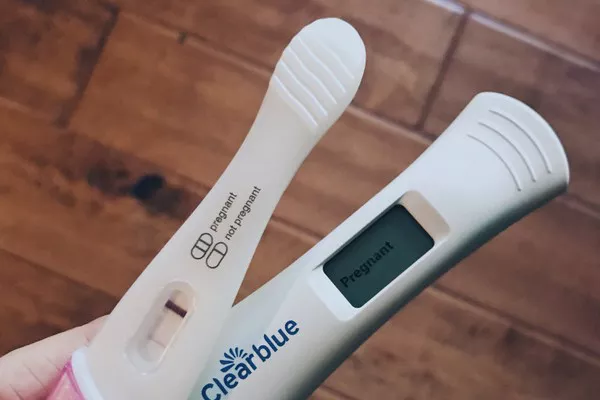Ovulation, the release of a mature egg from the ovaries, is a fundamental process in a woman’s reproductive cycle. It plays a pivotal role in fertility, as fertilization can only occur when an egg is available for sperm to fertilize. However, some women experience anovulation, a condition characterized by the absence or irregularity of ovulation. In this comprehensive article, we will explore the causes of anovulation, its impact on women’s fertility, and potential treatment options.
1. Definition and Importance of Ovulation:
a. Definition: Ovulation is the process where a mature egg is released from the ovaries into the fallopian tubes, ready for fertilization.
b. Role in Fertility: Ovulation is vital for pregnancy as it allows for the union of sperm and egg, leading to conception.
2. Anovulation: Understanding the Condition:
a. Definition: Anovulation refers to the absence or irregularity of ovulation in women of reproductive age.
b. Types of Anovulation: Anovulation can be classified into two main types: chronic anovulation, where ovulation does not occur regularly, and occasional anovulation, where ovulation is sporadic or absent.
3. Common Causes of Anovulation:
a. Polycystic Ovary Syndrome (PCOS): PCOS is a hormonal disorder marked by enlarged ovaries with multiple small cysts. Hormonal imbalances disrupt regular ovulation in women with PCOS.
b. Hypothalamic Dysfunction: The hypothalamus plays a crucial role in regulating the menstrual cycle. Stress, excessive exercise, low body weight, and certain medical conditions can disrupt hypothalamic function, leading to anovulation.
c. Premature Ovarian Insufficiency (POI): POI occurs when the ovaries lose their normal function before the age of 40, resulting in irregular or absent ovulation.
d. Thyroid Disorders: Imbalances in thyroid hormone levels can disrupt ovulation and menstrual regularity.
e. Hyperprolactinemia: Elevated levels of prolactin, a hormone responsible for milk production, can inhibit ovulation and cause menstrual irregularities.
f. Ovarian Dysfunction: Structural abnormalities in the ovaries, such as ovarian cysts or tumors, can interfere with ovulation.
g. Obesity: Excess body weight can lead to hormonal imbalances that disrupt ovulation.
h. Medications and Medical Treatments: Certain medications, such as chemotherapy drugs, can affect hormone levels and lead to anovulation.
4. Implications of Anovulation on Fertility:
a. Difficulty in Conceiving: Anovulation is one of the leading causes of infertility in women. Without ovulation, fertilization cannot occur naturally.
b. Menstrual Irregularities: Women with anovulation often experience irregular or absent menstrual cycles.
c. Hormonal Imbalances: Anovulation is often associated with hormonal imbalances, which can lead to other health concerns such as acne, excessive hair growth (hirsutism), and mood disturbances.
5. Diagnosis of Anovulation:
a. Medical History and Physical Examination: A comprehensive medical history and physical examination are essential in identifying potential causes of anovulation.
b. Hormonal Testing: Blood tests can assess hormone levels (e.g., follicle-stimulating hormone, luteinizing hormone, estrogen) to determine if anovulation is present.
c. Ovulation Tracking: Techniques such as tracking basal body temperature, cervical mucus changes, and ovulation predictor kits can help identify patterns of ovulation or anovulation.
6. Treatment Options for Anovulation:
a. Lifestyle Modifications: Maintaining a healthy weight, managing stress, and engaging in regular exercise can contribute to restoring regular ovulation.
b. Medications: Fertility medications, such as clomiphene citrate or letrozole, can induce ovulation in women with certain conditions like PCOS.
c. Assisted Reproductive Technologies (ART): In cases where other treatments fail, procedures like in vitro fertilization (IVF) or intrauterine insemination (IUI) may be recommended.
Conclusion:
Anovulation is a condition that affects the reproductive health of many women. Understanding the causes and implications of anovulation is crucial for individuals and healthcare professionals alike. With proper diagnosis and appropriate treatment, many women with anovulation can overcome fertility challenges and achieve successful pregnancies. If you suspect anovulation or are experiencing difficulties conceiving, it is advisable to consult with a healthcare professional who specializes in reproductive medicine to receive personalized guidance and care.


